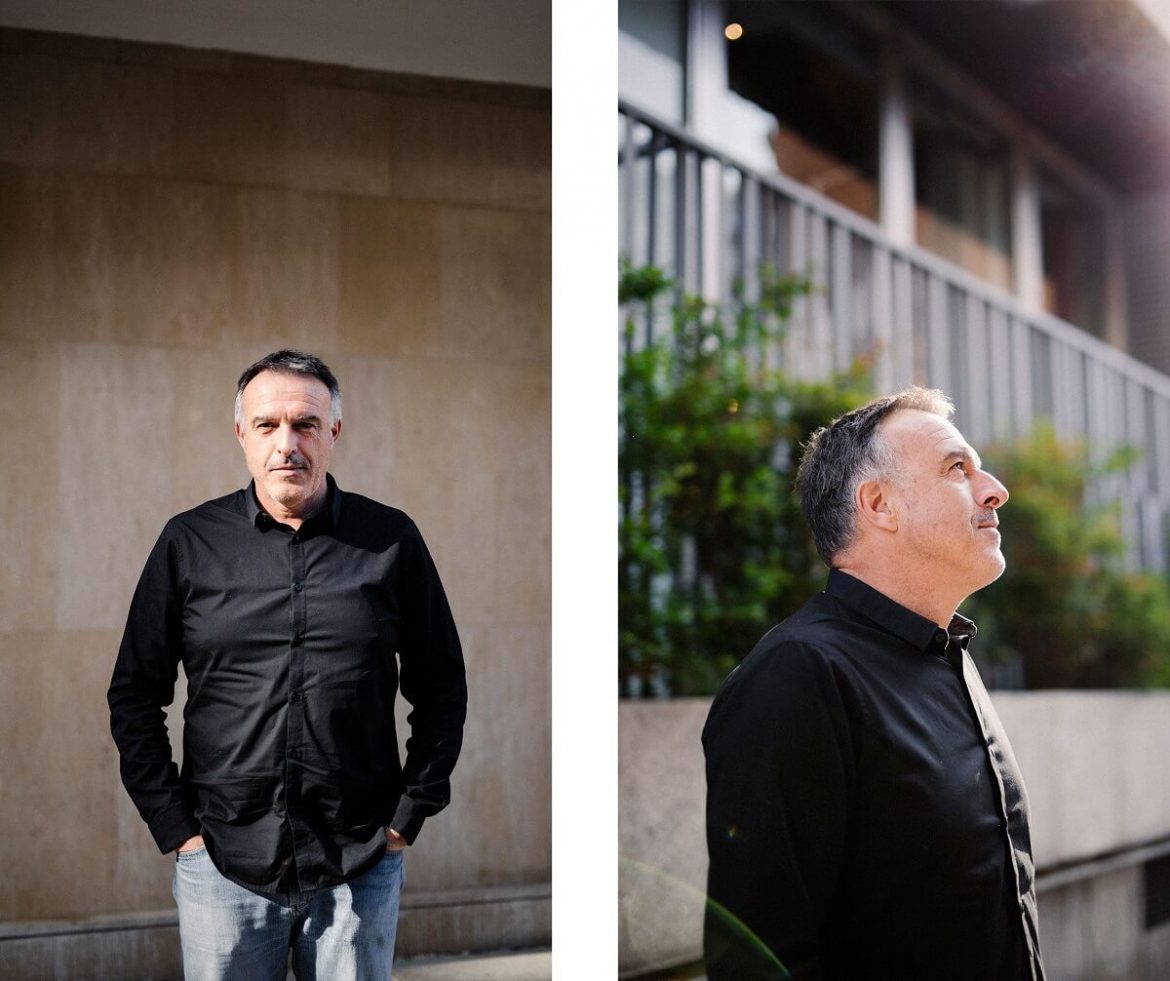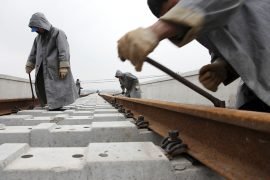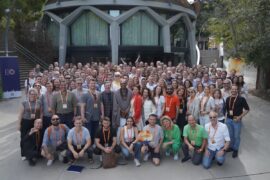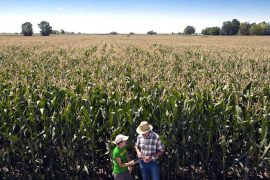How is the feeling of a loneliness that is not looked for?
In scientific terms it is usually defined as the discrepancy between what I expect and what I get from my relationships, which is what is called hypothesis of cognitive discrepancy. That aspect of loneliness is the one that has been considered because it is easier to measure, but we at the Elderly Citizen Program of the “la Caixa” Obra Social believe that solitude is more complex. It also has to do with a feeling of isolation. You can be surrounded by people, but still feel alone. Sometimes the problem is not the lack of people, but the lack of certain people who are significant in your life (your mother, your children) or the lack of connection with your community. On the other hand, it can also be linked to the fact of not having a life project or to its exhaustion, which is known as existential solitude. The feeling of loneliness is also characterized by negative emotions: sadness, depression, feeling of discomfort, frustration… It is above all a complex phenomenon, with multiple faces, which sometimes is difficult to admit because of shame or guilt and, as we have seen, it is not merely fixed with company.
Does this situation define us as a society?
First of all, we have a problem of social functioning, in the way we relate to each other. Our relationships have lost their commitment and mutuality, they are becoming less complex, because we only want the good and not the bad, as when we break up with our partner through WhatsApp. But relationships need commitment, they need us to be there. That is why the reverse of loneliness is not to feel alone, but to have a good social functioning. And it is a paradox, because it turns out that it is the time when we seem most connected. And yet, we have never felt so alone. Truthful relationships demand renunciation, generosity, empathy, compassion, etc. (values common in any healthy society). With the loss of true relationships more things are lost.
And what about people who reach the age for retirement, but are physically and mentally fit?
It is clear that investment in health is transforming the life cycle. We are children for a longer time, adolescence also is extended and the entry into adulthood delayed; but the incorporation into old age has not changed: 65 years. That was the way it was 30 years ago, and the way it is now, though circumstances are not the same. Before, old age lasted 5 or 10 years, but now it can last 25 or 30. It’s a long time! Many of these “official” elderly do not recognize themselves as “elders”. Those of 70 now, in terms of cognitive functioning, can be like those who were 60 two decades ago. But this society does not recognize them or offer them opportunities. Opening spaces for them, recognizing and valuing is an unavoidable challenge.
Is there, therefore, a political responsibility in that need to reconfigure the age map?
Of course, but above all there is a challenge for the elderly. Because when you retire, how do you create a new version of your life? That’s complicated. What are you going to do for the next 30 years? How can you achieve a full life? Now we reach old age with a very hedonistic look. We retire and say: “Let’s rest!” It is very good to do gymnastics and travel, but 30 years doing just that? It is necessary to redefine a new life project, a project not focused on oneself but looking at others, getting involved in their lives.
Society does not currently have the means to take advantage of veterans’ talent and experience.
That is a primary problem. But it is also not clear what we expect from the elderly. Can this society afford to lose all that experience? For example, the baby boom generation is reaching the top of the population pyramid, we are talking about a time when 14 million people were born in Spain. And we are not able to assign them a role in this society! That is a very important challenge. Imagine that those 14 million people who are beginning to retire from working life cooperate for the common good, through volunteering, solidarity, etc. Probably in their old age, in addition to having time for resting and leisure, they have an active part and relationship with others. It may be necessary, thus, to enable a more committed society. I think it can be possible, if we organized it.
Last January the United Kingdom assigned a Secretary of State to fight against loneliness. Should we do something similar in Spain?
I do not see it so clear, I believe that the answer to the solitude must settle in the local scope. If something needs investment, that is social relations, because it means investing in common objectives. But we are in a society in which everything pushes towards individualization and fragmentation, when what we should do is fight for commitment, for participation, for mutuality. We must assume that we are interdependent beings.
What actions can be taken to work in this line?
Loneliness programs usually offer company, but we wanted to go a little further. In the Siempre acompañados (“Always Supported”) program we have worked a more complex view of situations of loneliness, to give a triple response: empowering the person, working in the involvement with the community and raising awareness among citizens. There is also a part that has to do with personal development, because a way to manage one self’s emotions is to open up to others. And that’s something that elders ask for a lot, they do not want to just travel. To feel useful, to know oneself, to be able to set goals and to assume situations of vulnerability… In short, to move from being a patient subject of life to being an acting subject.
Interview: Javier Márquez Sánchez
Photograph: Bárbara Lánzat
You can read more stories like this on ALMA, the social social media, a digital space devoted to the social field, which brings a new look at the present and the future of society, from an optimistic and diverse point of view, and from all the initiatives that “la Caixa” Foundation promote.





















